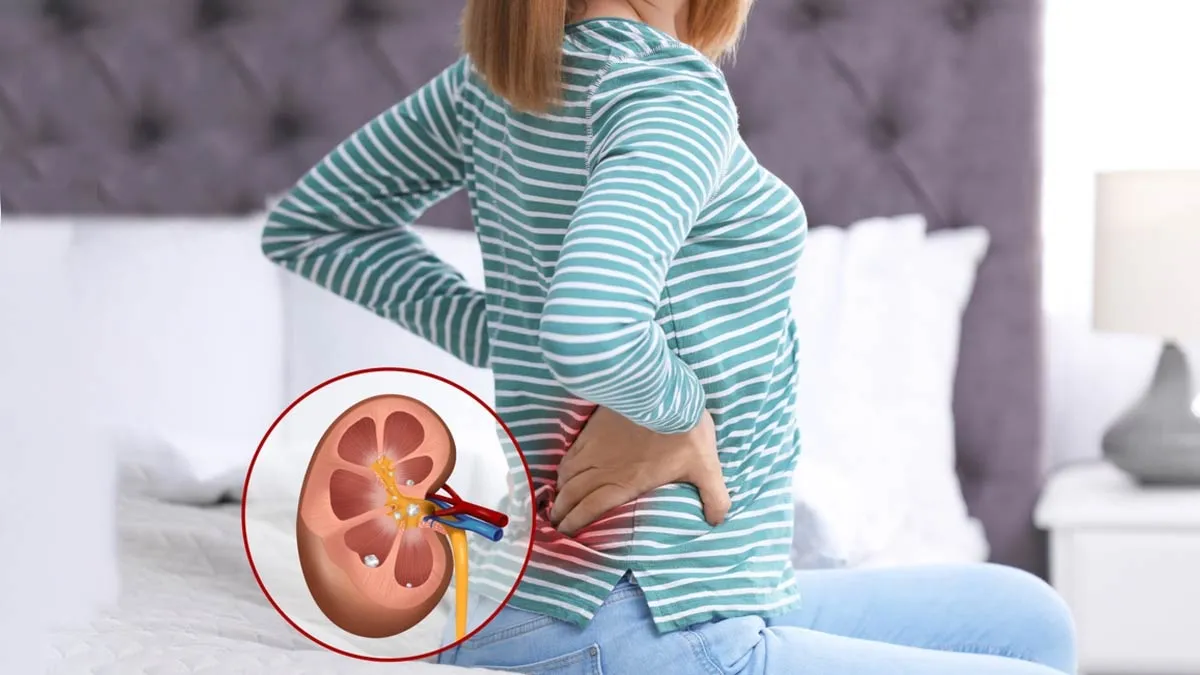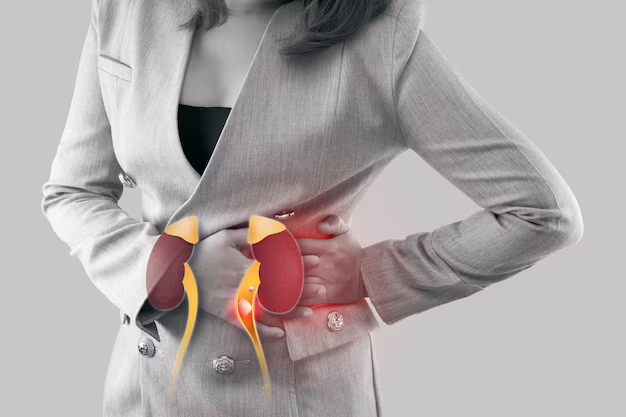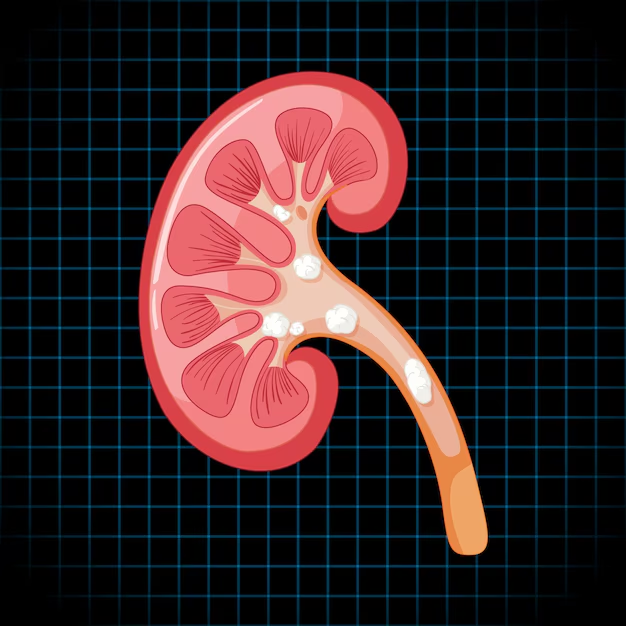
Kidney and bladder stones are among the most prevalent urological conditions worldwide, affecting millions each year. Despite advancements in understanding their causes, diagnosis, and treatment, several misconceptions persist. These myths often lead to confusion, mismanagement, and delayed treatment.
Below are the myths and facts related to kidney and bladder stones, according to our expert, Dr Kinjal Banerjee, Consultant - Renal Transplant, Urology, Sarvodaya Hospital, Faridabad

Fact: Although both kidney and bladder stones fall under the category of urinary stones, they differ significantly in their location, composition, and underlying causes. Kidney stones form in the kidney and are primarily associated with metabolic abnormalities like hypercalciuria, hyperuricemia, or low urine volume. These stones often migrate to the ureter and may cause severe pain (renal colic).
Bladder stones, on the other hand, typically form in the bladder and are often linked to urinary stasis, incomplete bladder emptying, or foreign bodies. Conditions like enlarged prostate, neurogenic bladder, and chronic infections are common culprits.
Fact: “While inadequate hydration is a major risk factor for stone formation, other causes play significant roles. Kidney stones: Genetic predisposition, dietary habits (high oxalate or sodium intake), and certain medical conditions like gout or hyperparathyroidism can contribute.
Bladder stones: Often result from structural or functional abnormalities of the lower urinary tract, such as bladder outlet obstruction or prolonged catheter use,” said Dr Kinjal.

Fact: Many stones do not require surgical intervention. Small kidney stones (<5 mm) often pass spontaneously with adequate hydration and pain management. Bladder stones may dissolve with medications or dietary modifications if they are small and not causing significant symptoms. Advanced treatments like extracorporeal shock wave lithotripsy (ESWL),laser lithotripsy, or percutaneous nephrolithotomy are reserved for larger or obstructive stones.
Don't Miss: Benefits Of Having Kalonji Or Mangrela Seeds On Empty Stomach
Fact: “No home remedy can reliably dissolve urinary stones. Alkalinizing agents like potassium citrate can dissolve uric acid stones, but other types, such as calcium oxalate or struvite stones, are resistant to dissolution. Similarly, bladder stones require mechanical removal in many cases. Self-treatment delays proper management and may worsen complications like infections or kidney damage,” said Dr Kinjal.
Don't Miss: Diy Packs To Scrubs, Use Beer In Different Ways For Skin And Body
Fact: Prevention requires an individualized approach based on stone composition and risk factors. While increased fluid intake and dietary modifications help, metabolic evaluation is crucial for tailored prevention. For example, calcium oxalate stone formers may benefit from reducing dietary oxalates, while cystine stone patients require lifelong interventions.
By addressing these myths, healthcare providers can empower individuals with accurate knowledge, guiding them toward informed decisions and better urological health.
Keep reading Herzindagi for more such stories.
Image Courtesy: Freepik
Our aim is to provide accurate, safe and expert verified information through our articles and social media handles. The remedies, advice and tips mentioned here are for general information only. Please consult your expert before trying any kind of health, beauty, life hacks or astrology related tips. For any feedback or complaint, contact us at [email protected].